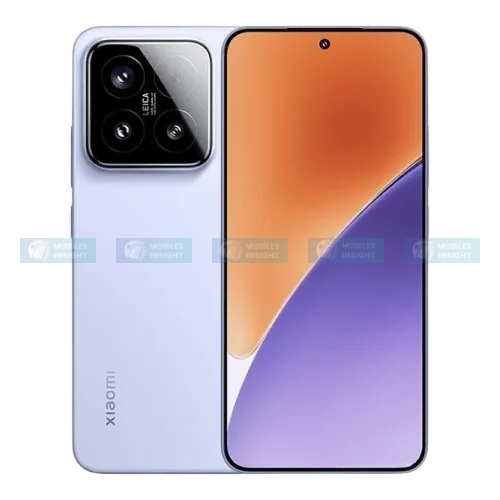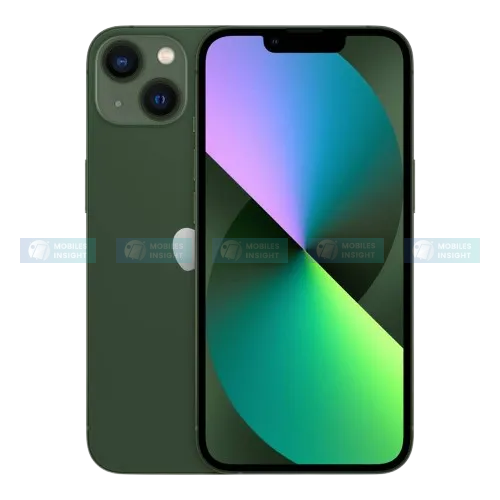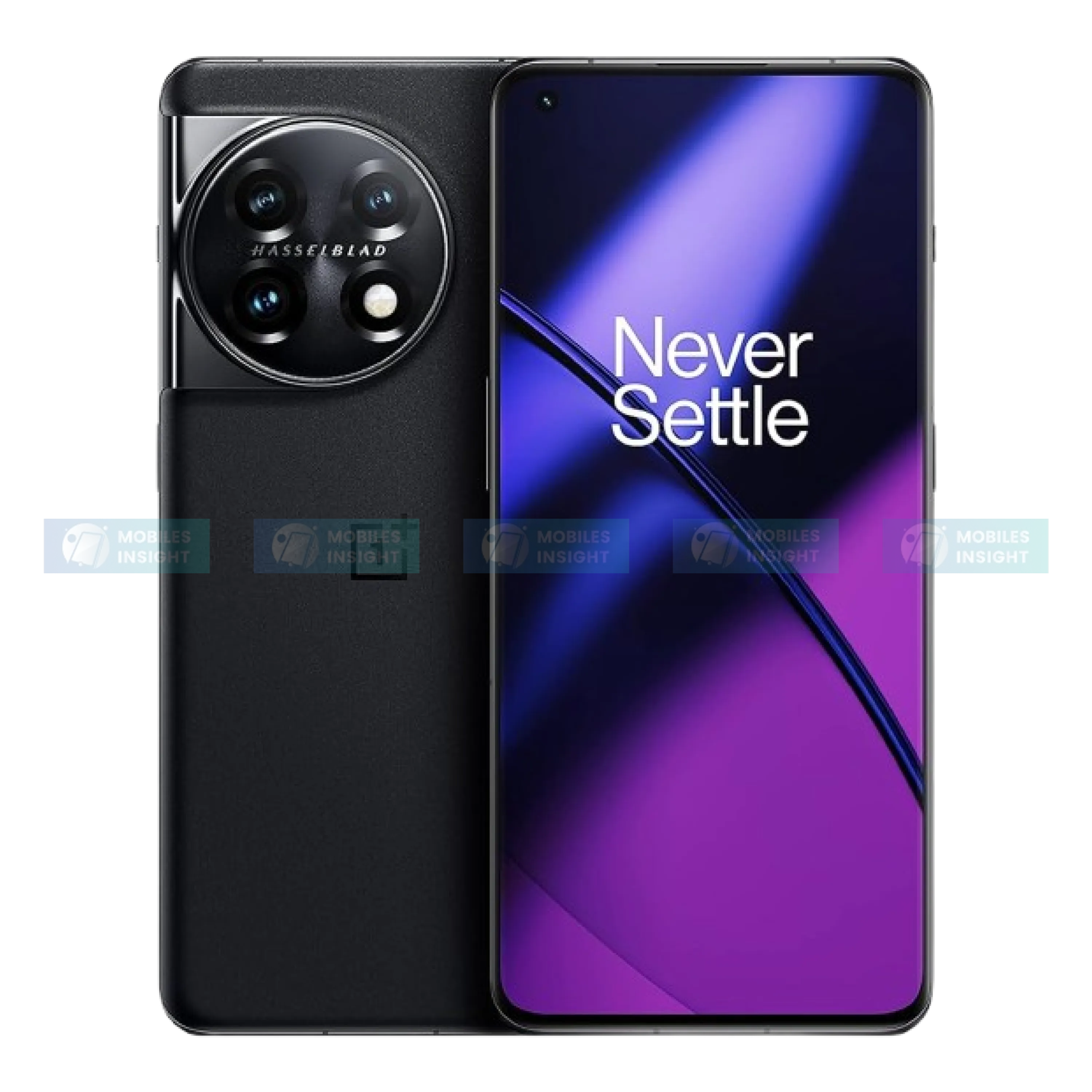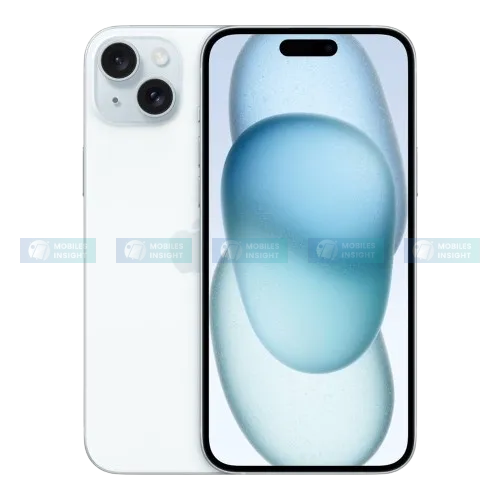
How Will Next-Generation NPUs Transform On-Device AI Performance?
Next-generation NPUs (Neural Processing Units) in smartphones will make on-device AI much faster and smarter. They can handle tasks like real-time translation, improving photos, predicting what you type, and giving helpful suggestions right on your phone. This means you don’t have to rely on the internet as much, so responses are quicker, privacy is better, and AI features work smoothly, even in places with slow or unstable connections like Bangladesh. HyperOS 3 and upcoming AI smartphones use these NPUs to provide smarter, faster, and more useful AI features for everyday life.
What Is an NPU?
A Neural Processing Unit (NPU) is a special type of processor made just for AI and machine learning tasks. Unlike CPUs, which handle general computing, or GPUs, which are good at graphics and parallel work, NPUs are designed to run complex AI tasks quickly and efficiently. They help with things like image recognition, language translation, and real-time AI predictions, giving faster results while using less power. Simply put, NPUs are the main engine behind the smart AI features in today’s devices.
Why NPUs Matter in Today’s Smartphones
Modern smartphones use AI in many daily functions. From better photos, real-time language translation, and smart interfaces to voice assistants and predictive text, AI is now a key part of how we use our phones. Chips like Apple’s A19 Pro, Google’s Tensor G5, and Qualcomm’s Snapdragon 8 Gen 4 have strong NPUs to manage these tasks easily. In Bangladesh, where people want instant photo improvements, smart apps, and faster assistants, NPUs make devices smoother, save battery, and speed up AI tasks.
How Will Next-Generation NPUs Change On-Device AI?
The move from cloud-based AI to on-device AI is being made possible by new Neural Processing Units (NPUs), which are special chips built to run AI tasks faster and more efficiently. Unlike regular CPUs or GPUs, NPUs are designed to handle AI tasks directly on the device in real time.
Key Benefits of Next-Gen NPUs:
- Better Performance and Efficiency: New NPUs, like Qualcomm's latest mobile NPUs, can perform AI tasks up to 3.5 times faster than older versions, giving 30% quicker responses.
- Reduced Delay: Since AI tasks are processed on the device, there is no need to send data to the cloud, making responses almost instant. For example, translating Bangla to English offline becomes very fast and easy while traveling.
- Improved Privacy and Security: On-device AI keeps sensitive information, like face or voice data, on your device, reducing the risk of data leaks. This is very important for things like facial recognition and voice commands.
- Lower Battery Usage: NPUs use less energy while running AI tasks, helping your phone battery last longer without slowing down performance.
- Better User Experience: Features powered by AI, like real-time photo improvements, voice assistants, and personal recommendations, become faster, more accurate, and smoother to use.
As AI technology grows, adding powerful NPUs to devices is helping create a future where technology is smart, fast, safe, and easy to use.
NPUs vs. CPUs and GPUs – The Performance Gap
CPUs and GPUs have always powered mobile phones, but they face challenges with AI tasks. CPUs are flexible but not designed for the many calculations AI needs at once. GPUs are powerful, but they use a lot of energy, making them less suitable for continuous AI work.
What Makes NPUs Special
NPUs, or Neural Processing Units, are made specifically to handle AI efficiently. For example, the Snapdragon 8 Gen 4 has an NPU that can do up to 45 trillion operations per second, designed just for AI tasks.
Apple’s NPU Advantages
Apple’s A19 Pro chip uses a special NPU that improves AI on the device. It helps with things like real-time image processing and smart task management.
Google’s Tensor G5 and AI
Google’s Tensor G5 chip focuses on AI. Its fourth-generation TPU improves AI performance by up to 60 percent compared to the previous version. This allows Pixel phones to run more advanced AI features smoothly.
AI Growth in Android Phones
Android phones are also becoming more AI-focused. From basic AI in Android 12 to advanced AI in Android 16, NPUs are now key to how the system works. They help with better multitasking, smarter notifications, and easier-to-use accessibility tools.
The Global and Bangladeshi Context of On-Device AI
AI is being used widely around the world. In Bangladesh, we are starting a new phase. With more 5G network coverage and the government’s “Smart Bangladesh” plan, people want faster, smarter phones that can help in daily life.
For example, students in Dhaka use AI note apps to study, and farmers in villages get real-time translation help. Both need good NPUs to work smoothly. As satellite internet becomes more common, NPU-powered apps will work even in areas where regular networks are weak.
Price and performance are also important. People in Bangladesh want phones that last long and have strong AI features. NPUs that save battery and let AI work without using extra data could make a big difference.
AI Efficiency Meets Qi2 Wireless Charging
Modern smartphones now come with Neural Processing Units (NPUs), special chips that make AI tasks run faster and use less battery than regular CPUs or GPUs. NPUs can do things like voice recognition, photo processing, and live translation directly on your phone, so you don’t need to rely on the cloud all the time. This helps smart assistants and camera features work without quickly draining your battery.
On top of this, Qi2 wireless charging technology is a big improvement over older charging methods. It uses magnets to align your phone perfectly on the charging pad, allowing faster charging up to 15W and works well with many devices from different brands.
For Bangladeshi users who use mobile banking, play games, or spend a lot of time on social apps, phones with NPUs and Qi2 charging last longer and charge faster. You can enjoy heavy apps without worrying about your battery running out.
What Upcoming AI Smartphones Will Offer
The smartphone industry is shifting from bigger screens to smarter processors. Upcoming AI smartphones are putting Neural Processing Units (NPUs) at the heart of the experience, allowing faster, more personal, and smarter interactions.
Google Pixel 10 Series, Powered by Tensor G5
The Pixel 10 series comes with the Tensor G5 chip, made with TSMC's 3nm technology, giving 30% better performance than the previous model. The chip improves on-device AI features like real-time voice translation, AI-generated images, and the new Magic Keyboard assistant. The Gemini-powered Camera Coach gives tips in real time to help users take better photos. The phone also has Pro Res Zoom, which can reach up to 100x zoom using AI to enhance details.
iPhone 17 Pro Models, Equipped with A19 Pro Chip
The iPhone 17 Pro models are expected to have the A19 Pro chip, with an advanced NPU for real-time video AI. The chip will support ProRes video capture and real-time 3D rendering, making it ideal for creators and professionals. The phone may also come with a vapor chamber cooler to keep it cool during heavy use.
Samsung Galaxy S25 Ultra with Snapdragon 8 Elite Mobile Platform
The Galaxy S25 Ultra will come with the Snapdragon 8 Elite Mobile Platform, including an advanced NPU for edge AI processing. This helps with real-time object recognition and improved camera performance. The device will also feature a titanium frame, a built-in S Pen, and a 6.9-inch display, combining strong design with advanced features.
Future of NPUs in the Smartphone Industry
Neural Processing Units (NPUs) are set to change the smartphone world by doing more than just working inside phones. These special chips are made to handle AI tasks efficiently, like facial recognition, language translation, and augmented reality apps. With NPUs, smartphones can run AI features faster and more smoothly without using too much battery.
In the future, NPUs will be very important for AI-focused operating systems by 2028. They can perform trillions of operations every second, which makes them perfect for running complex AI models right on the phone. This reduces the need for cloud computing and keeps user data more private and secure.
In Bangladesh, smartphones with NPUs could make advanced AI tools available to more people. Local processing allows AI apps to work in education, healthcare, and business, even in places with poor internet connection. This is part of a global trend called edge computing, where data is processed close to where it is created, making AI faster and more efficient.
As smartphones become smarter, NPUs will help devices understand and predict what users need more accurately and quickly. This shows that smartphones are no longer just for communication but are becoming important daily companions powered by advanced AI.
Final Thoughts
NPUs are no longer just a spec on paper. They are the core of next-generation smartphones. In Bangladesh and around the world, these processors decide how fast, safe, and smart your phone feels every day.
AI-powered NPUs will decide if your phone can translate Bangla without the internet, keep your bKash transactions secure in real time, or take high-quality photos instantly. For me, this makes the NPU the most important feature to watch in upcoming AI smartphones.
Popular Phone Reviews

Samsung Galaxy A70 Review: Features, Performance, and Value Insights

Apple iPhone 16 Pro Max Review: Features, Performance, and Value Insights

Apple iPhone 12 Pro Max Review: Features, Performance, and Value Insights

Xiaomi Redmi 12 Review: Features, Performance, and Value Insights






